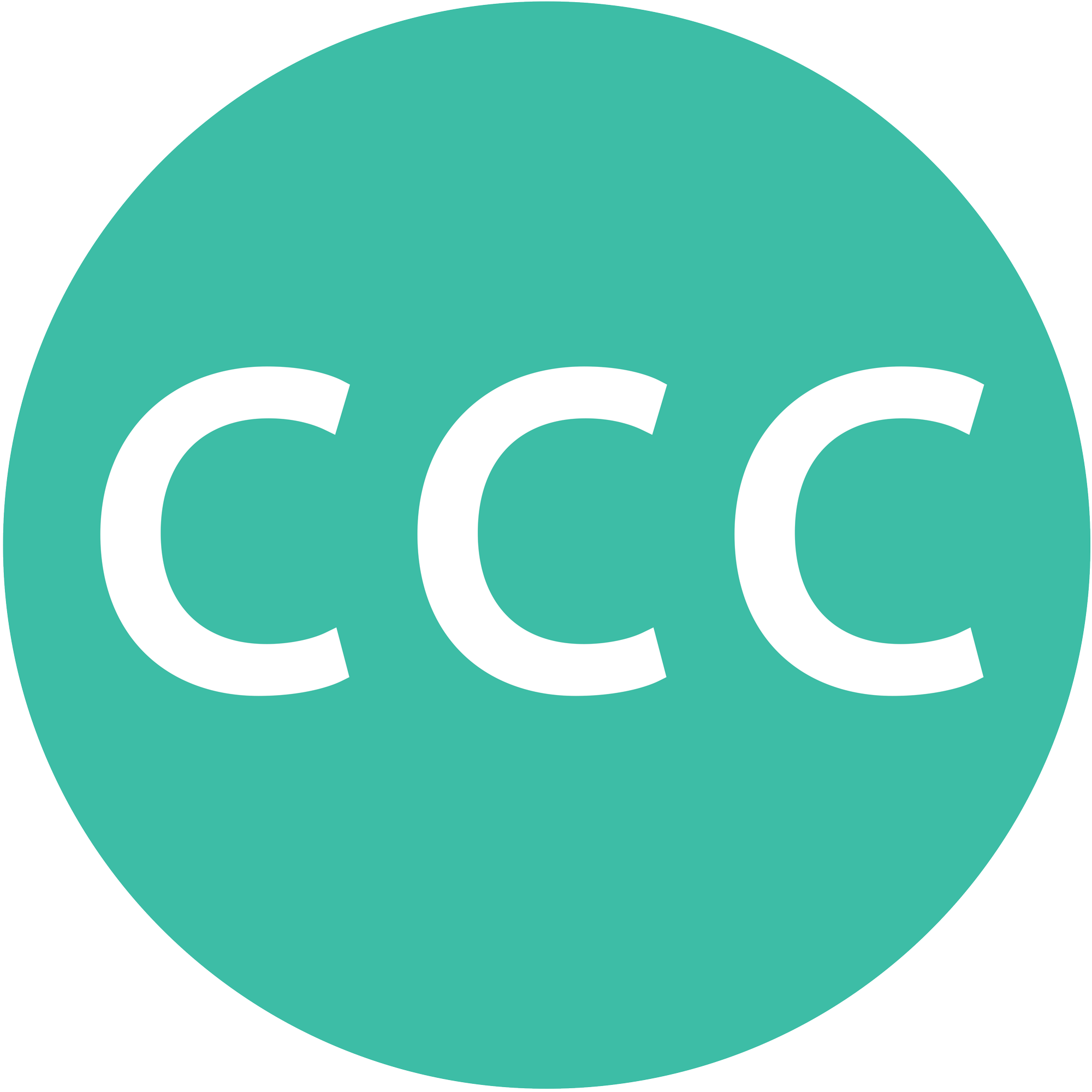We are soft-launching the Crisis Charitable Commitment on Bastille Day. For those not familiar with the story, July 14, 1789 was a turning point in history for France, a revolution brought about by economic depression, high unemployment and famine, and perhaps most importantly, a desire of ordinary citizens to have a voice in their government. Hmmm.
With the except of the richest foundations and individuals, no sector of our society has escaped the harshness of this pandemic. And so it is time for those of us best able to afford to dig deep to support the communities and organizations most in need. The CCC doesn’t tell donors where to give, just give. It’s about creating a bigger pie. If a pie could lift all boats, this would be the pie.
I’ve been working for the past couple of years to address a national problem I call Excessive Wealth Disorder. Even so, I find it hard to believe these numbers: the top 0.1% of US households–with net worth of $25 million or more–possess a combined total of more than $10 trillion! Do you know how many zeroes are in ten trillion?
The 650 billionaires in that group own about one-third of that wealth, in excess of $3 trillion. Just think about that: it equals the amount spent by our government so far to address the COVID crisis. Imagine if enough of us signed onto the CCC to persuade (guilt) the billionaire class into giving their last year’s income (probably around $300 billion) to address the issues of racial justice; election safety and security. This money could also be used to backstop support for the more than twelve million nonprofit employees who have worked day in and day out to make us proud to be Americans but who now are facing massive layoffs. That $300 billion would nearly triple the money that individuals now give to the million-plus nonprofit organizations.
An article in the Chronicle of Philanthropy last week was brought to my attention: “Foundations Nationwide Commit Nearly Half a Billion Dollars to Racial Justice.” My immediate reaction was, “Wow, maybe we’ve turned the corner on under-funding communities of color!” Half a billion dollars is exactly the number Alicia Garza, co-founder of Black Lives Matter and now Principal of The Black Futures Lab, gave me on the phone yesterday “to fund the movement as though you wanted us to win.” But as I went deeper into the article it was obvious that, while it was nice to see a little movement on the part of major foundations, the emphasis should have been on the word “little.” First, the article didn’t identify half a billion dollars for racial justice unless one included the Mellon Foundation’s $200 million to support diversity in the arts. More importantly, most of the commitment money was spread out over many years. Worse, not one foundation mentioned, excluding Mellon, was giving more than 0.5% of their endowment for racial justice, with Hewlett, Open Society, and Rockefeller Brothers at 0.2%! The title should have been “Foundations Nationwide Commit ONLY Half a Billion Dollars to Racial Justice.” This, as much as anything, speaks to the urgency of the Crisis Charitable Commitment.
Of course, one of the reasons these percentages are low is because these foundations refuse to tap into their endowments and increase the size of the giving pot in any meaningful way. It is a hoarding problem, which is funny in a way, because as a practical matter is isn’t even their money–it’s your money, taxpayer money! It’s a combination of major tax deductions that originally funded the foundations, combined with virtually tax free earnings in a runaway stock market.
Foundations, like those mentioned, play a critical role in our society. But the business-as-usual model will not adequately address the multiple crises we are facing; nor will it seize this moment in history to make the necessary changes that lead to a better future for us all. As my good friend Larry Ottinger pointed out, if you don’t increase the philanthropic pie, it starts to look like the scene out of the musical Oliver where nonprofits are holding out their hands and saying to the donor class, “Please sir, I want some more,” and then suffering the consequences of having asked. We can and have to do better.
